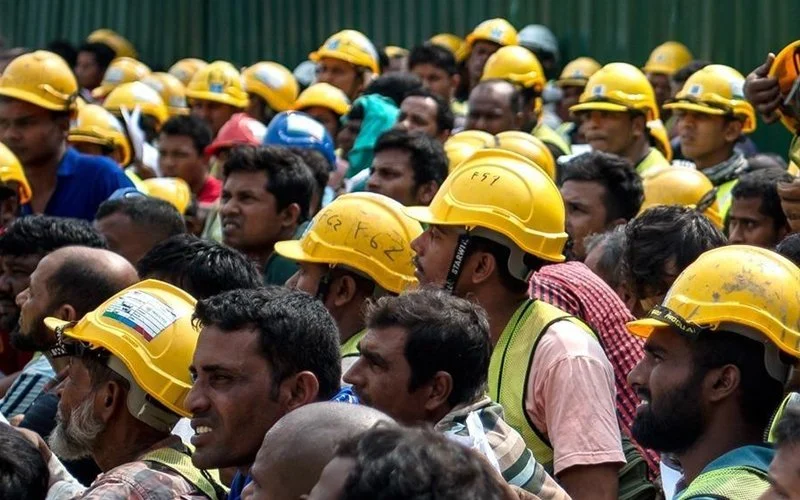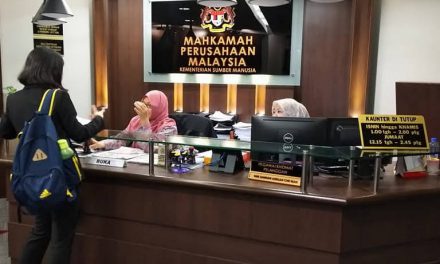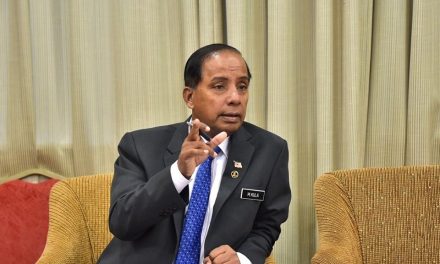PETALING JAYA | An activist has welcomed the suggestion for a royal commission of inquiry (RCI) into the migrant workers management system and forced labor problem, saying it would “name and shame” those responsible for migrant worker abuses.
Adrian Pereira of North-South Initiative said setting up an RCI would mean having a more competent investigating team to probe the management system and forced labor problem.
Seputeh MP Teresa Kok recently said an RCI with experts in the field could help identify the root causes of the forced labor system, such as enablers, paper and money trails, and loopholes in the law.
The DAP vice-chairman also said the report on the RCI’s findings should be tabled and debated in the Dewan Rakyat.
Pereira told FMT the RCI would force the authorities to act on the “mess” created in the migrant workers management system.
He said the reports from the 2014 RCI on the immigrant issue in Sabah were more comprehensive than the one in 2019 by the Independent Committee on the Management of Foreign Workers, declassified in 2022, which he said was “too vague and did not go into the mechanics”.
CSOs can help RCI team if opportunities given
Irene Xavier of Persatuan Sahabat Wanita Selangor said the RCI should investigate corruption in the management system as the country had been dealing with the issue by detaining migrant workers, who are victims and not the perpetrators of trafficking.
She also said investigations should be carried out on the living and working conditions of migrant workers, and civil society groups could assist the investigators should the opportunity arise.
“We already have a report calling for a binding policy on migrant workers, which we submitted to the last three human resources ministers,” she told FMT.
“We will once again submit (this report) to (minister) Steven Sim this year. We have put together our recommendations on matters from recruitment to working and living conditions to arrests and detentions.”
Urgent remedies needed
However, Pereira said the RCI’s agenda was long-term in nature, adding that Malaysia must urgently tend to the immediate needs of migrant workers and hold traffickers accountable.
“Let’s not forget that we already have the National Action Plan on Anti-Trafficking (Naptip), the National Action Plan on Forced Labour (NAPFL) and even a Malaysia Decent Work Country Programme (DWCP).
“The question is whether the civil servants have the willingness to implement the recommendations suggested by Naptip, NAPFL and DWCP in a comprehensive manner. Or are there conflicting interests preventing the reforms?”
‘RCI not a priority’
Migrant worker rights activist Andy Hall said setting up an RCI was not a priority, given the abundance of information from past reports on migrant worker management as well as the visibility of the forced labor problem to Malaysians.
He said the government should act to implement the options presented before it, such as parking migrant worker recruitment matters under the Prime Minister’s Office or forming a specific and permanent Cabinet committee.
“Suggesting another commission or another process of ascertaining views is just a delaying tactic. Enough is enough.
“Politicians and theorists can speak forever but we need action, not more meetings and words,” he said.









